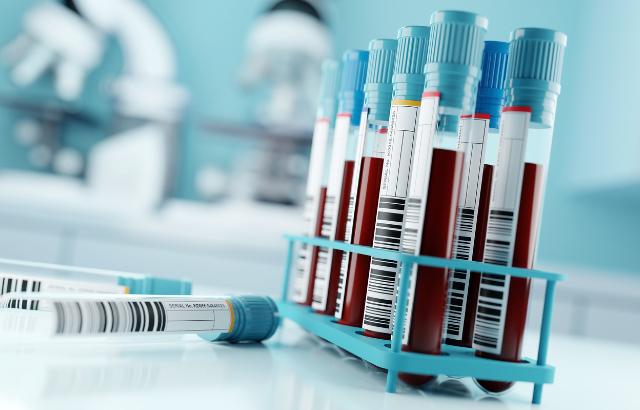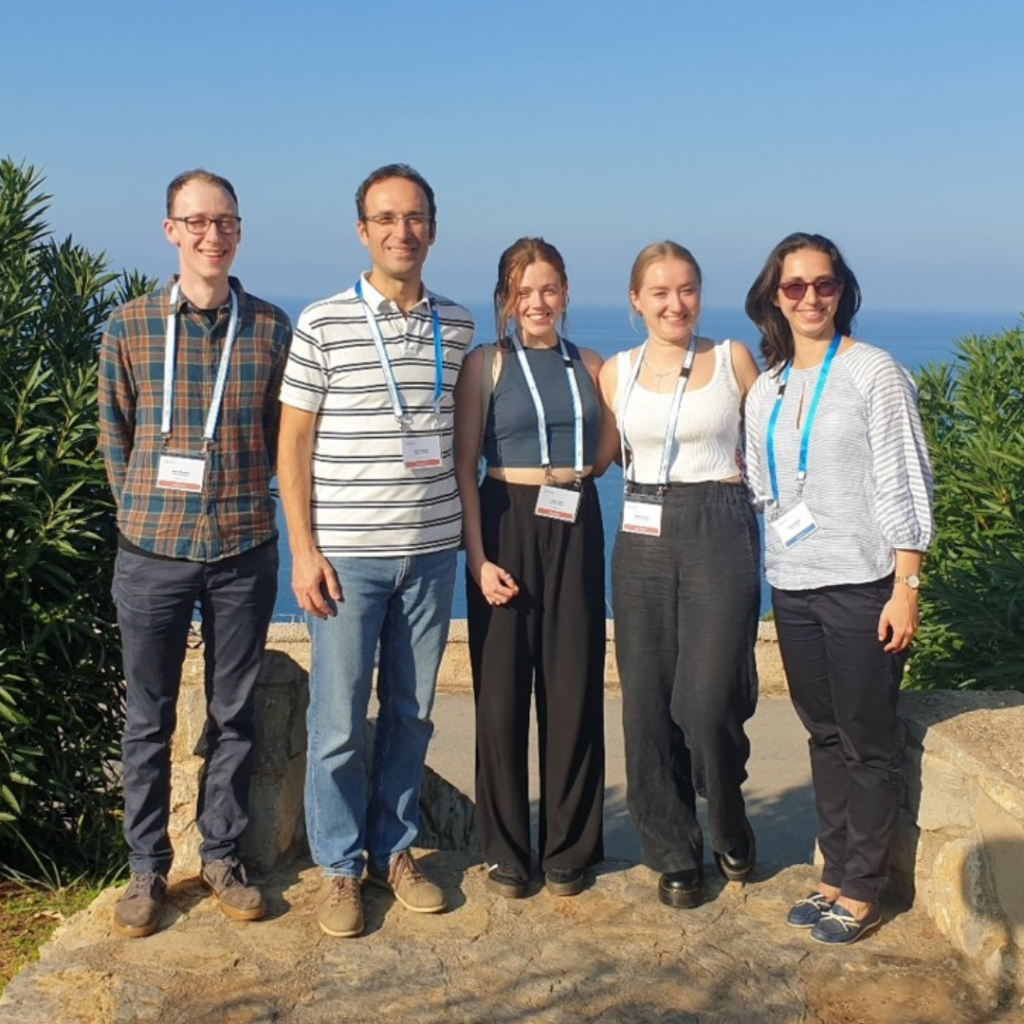Scientists uncover promising leukaemia treatment targeting fat metabolism
Researchers have uncovered a potential new approach to treating acute myeloid leukaemia (AML) by targeting the way cancer cells metabolise fat. The new study, led by Dr Vilma Dembitz and Dr Paolo Gallipoli at Barts Cancer Institute (BCI), Queen Mary University of London could unlock new possibilities for treatments that benefit patients regardless of the specific genetic mutations driving their disease, addressing a significant challenge in AML treatment.
Acute myeloid leukaemia (AML) is a type of blood cancer that starts in the bone marrow and develops rapidly. Despite recent advances in AML therapies, survival remains low with only around one in three people surviving their cancer beyond five years.
AML is caused by a complex range of genetic mutations. Many recently developed treatments target specific mutations, meaning that they benefit only a small proportion of patients. “As a field, we are searching for treatments that can encompass a high proportion of patients – drugs that are agnostic to the mutations characterising a person’s cancer,” explains Dr Dembitz, lead author of the new study.

Exploring a promising new drug
The study, published in Leukemia, focused on an enzyme called stearoyl-CoA desaturase (SCD), which is involved in fatty acid metabolism – a process cancer cells rely on to grow rapidly. Analysing patient data, the team found that higher levels of SCD were strongly associated with worse outcomes.
Crucially, this discovery coincided with news of a new clinical-grade SCD-inhibiting drug developed by Dr John Copland and his team at the Mayo Clinic. "The timing was perfect. As we were analysing our dataset, Dr Copland's group published their findings, and we reached out to collaborate," says Dr Gallipoli, the study’s senior author. The Mayo Clinic researchers had already demonstrated the effectiveness of this inhibitor against liver cancer, and they were keen to work with the BCI team to explore its potential in AML.
The results were promising: using this inhibitor to block SCD in laboratory models of AML led to the death of leukaemia cells while sparing healthy cells. In mouse models, the SCD inhibitor not only reduced the number of leukaemia cells but also improved survival rates. Crucially, the treatment did not significantly affect normal blood cell production, suggesting it could be well-tolerated in patients.
The researchers also found that combining the SCD inhibitor with a type of chemotherapy which is routinely used in AML patients and blocks cells from repairing their DNA (doxorubicin-based chemotherapy), enhanced the effects of both treatments, resulting in improved survival in mouse models of AML. This suggests that SCD inhibitors could be effective in combination with existing treatments.
Although the findings are still at an early stage, they pave the way for future clinical trials of the SCD inhibitor in AML. “It is exciting that this clinical-grade drug will soon be tested in liver cancer patients. If shown to be safe and effective, and if we can further demonstrate its effect in AML, then we should be able to move quickly towards the clinic,” Dr Gallipoli explains. "Our next steps involve identifying which patients are most likely to benefit and exploring effective therapy combinations or dietary adjustments.”
"The collegiate nature of the BCI helped Paolo and I to complement our clinical perspectives... It was refreshing that everybody was happy to support and help."
– Dr Vilma Dembitz
A collaborative effort
Dr Dembitz led this work during her time as a postdoctoral researcher in Dr Gallipoli’s lab at the BCI, but she has recently obtained an Assistant Professor position at the University of Zagreb where she is launching her first independent lab. She and Dr Gallipoli will continue to collaborate on this topic as part of a recently awarded joint grant from the European Hematology Association.
Dr Dembitz emphasises the importance of collaboration to the success of this project: “The collegiate nature of the BCI helped Paolo and I to complement our clinical perspectives. We were surrounded by people with specific expertise in animal models of leukaemia, metabolism, lipidomics, bioinformatics and more who were instrumental to this work. It was refreshing that everybody was happy to support and help.”
“I think the successful collaboration was also thanks to Vilma’s character,” Dr Gallipoli concludes, “She was always helpful and wasn’t shy to ask for help. I think this is an important lesson for many junior researchers – you have to be proactive, especially in a place like the BCI where the expertise is all around you.”

This work was made possible thanks to funding from Cancer Research UK and the Lady Tata Memorial Trust International Award for Research in Leukaemia.
Category: General News, Publications

No comments yet